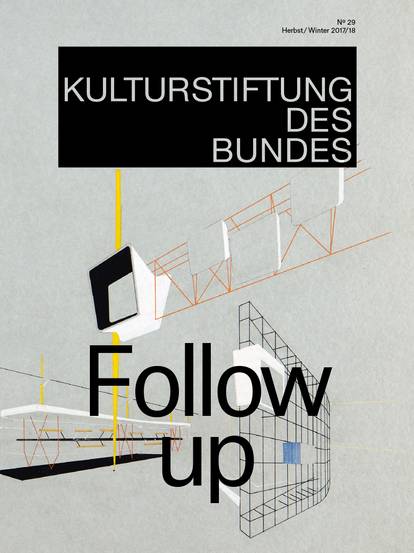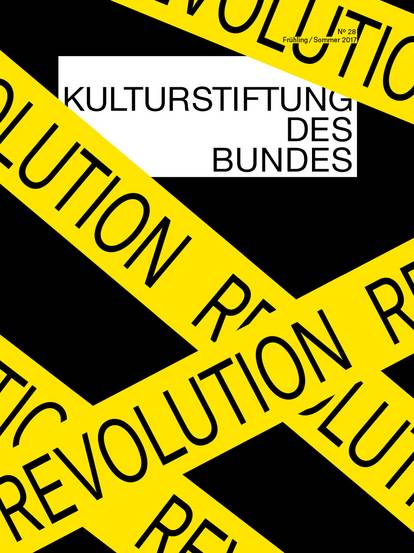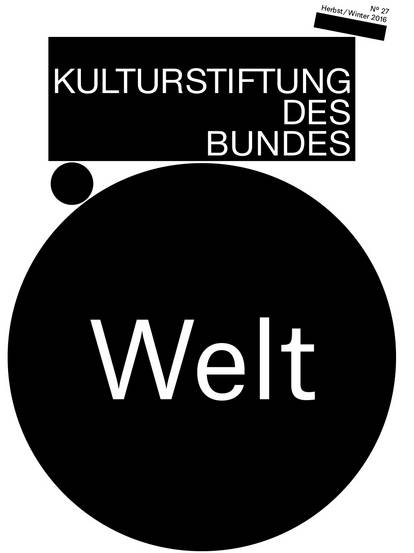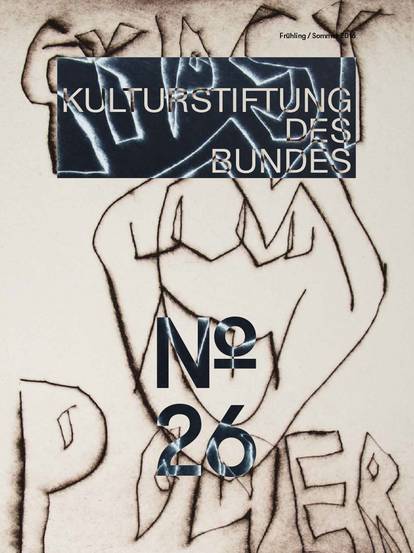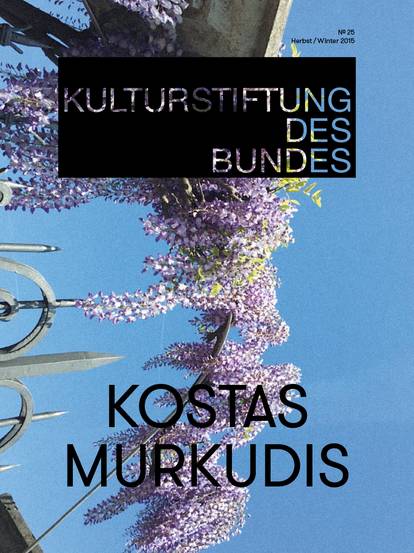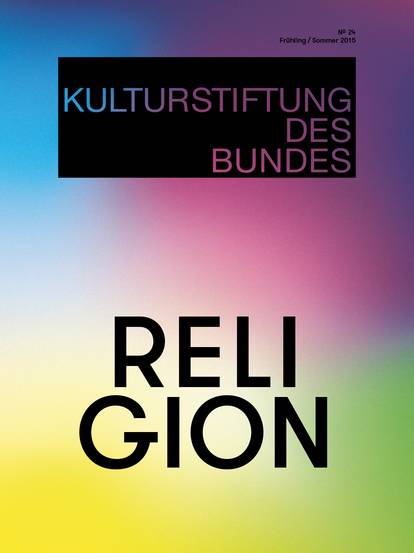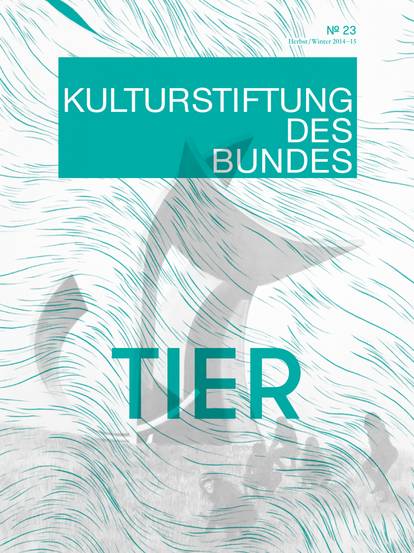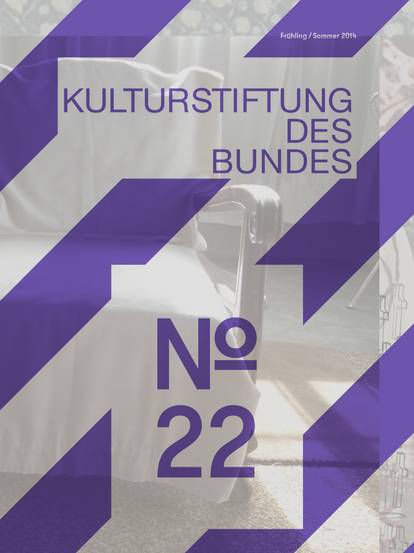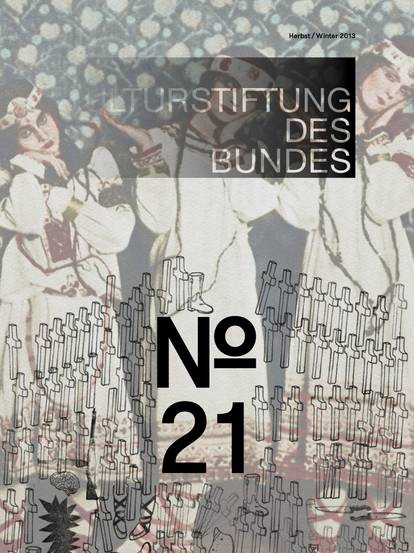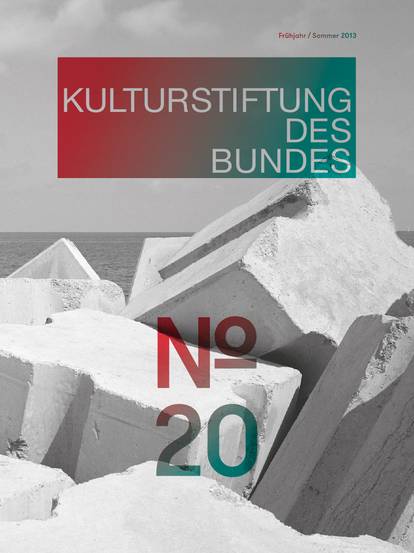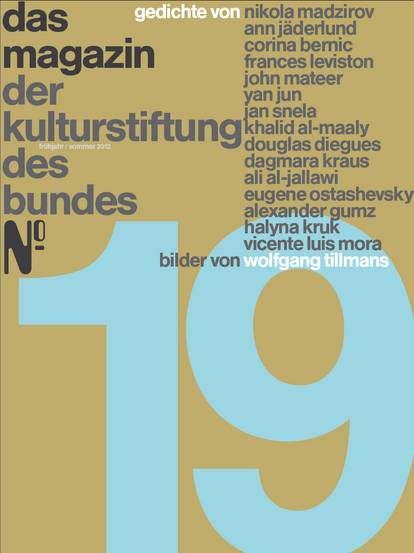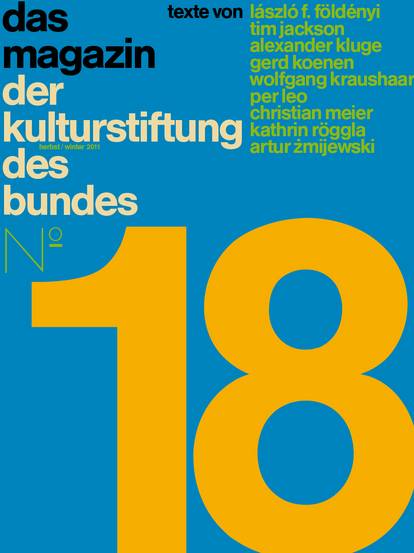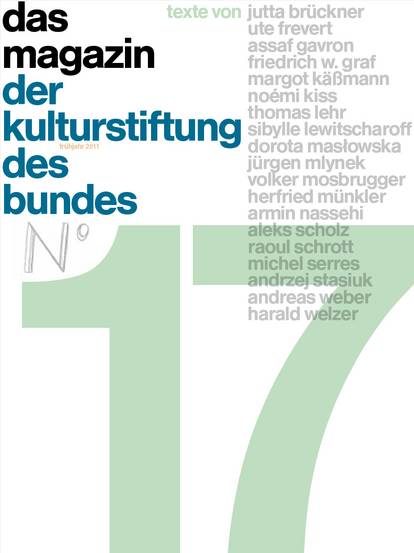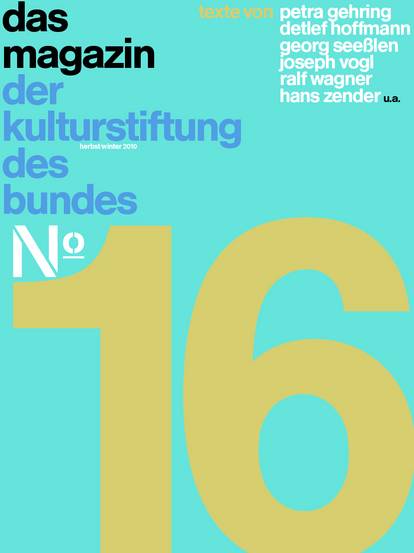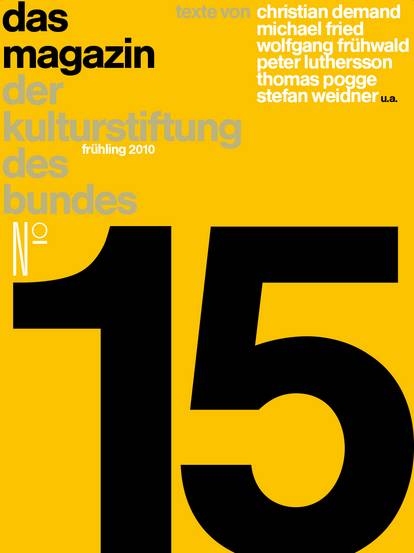No matter whether we’re talking climate change, demographic trends, cultural education, integration, religious tolerance or social equity – a change in awareness and more sustainability in thinking and action are needed more urgently than ever before. What do we need for the future? What do we want? What can we live without? What can we do to sustain survival on our planet and how can we ensure that it remains a place worth living in?
The Federal Cultural Foundation is addressing these questions in a multifaceted programme titled Über Lebenskunst (www.ueber-lebenskunst.org). For those familiar with the subtleties of the German language, the title is a play on words that can either mean “About the Art of Living” or “The Art of Survival”. And this ambiguity is intended. In view of the crises unfolding around the world, the individual’s art of living, based on the ancient concept of ars vivendi, is increasing transforming into a globally-minded art of survival which recognizes the necessity to make vitally important provisions for coming generations.
From 17 to 21 August 2011 Über Lebenskunst will hold a theme-based festival in cooperation with the Haus der Kulturen der Welt in Berlin, at which thousands of visitors are expected. Our preparations for the festival began last year as it aims to examine the art of living from every angle, down to the smallest detail, starting from the most elementary aspects such as eating and sleeping. For example, myvillages.org, a group of female artists, set up a real food pantry, with which they hope to feed the many visitors at the festival over several days.
Pantries have become somewhat antiquated in this age of frozen foods and discount supermarkets that offer industrially processed foodstuffs imported from around the world. We believe there’s an alternative. This is not only about feeding people and attempting to produce and process grain for bread, linseed for cooking oil and milk for cheese in an energy-efficient manner on location. The pantry project is also about the procedures and history of collecting, conserving and producing food, as well as forms of trade and exchange. The concept of food storage in this consumption-based, throwaway society has a cultural dimension. To actually implement it, though, requires planning foresight and economical logistics.
This real-world food pantry inspired our wish to create an intellectual pantry. What do we need for tomorrow? What kind of knowledge do we want to refer back to in the future? We decided to dedicate this issue of our magazine to the art of living/survival. We asked a number of well-known cultural and scientific figures to tell us what ideas they would store inside their intellectual pantry. We received numerous responses back, some of which were quite personal, and were impressed at their diversity. We’ve presented these stories, essays and reflections in such a way that they resemble various items in a pantry – where the ham hangs among the sausages, the dried pepperoncini lies next to the onions and the fruit preserves are placed on the shelf next to the jars of pickles. Our intellectual pantry does differ from normal pantries in an important way – its products have no expiration date.
The three longer articles focus not so much on the art of living than on the adversity and happy coincidence of survival. The Austrian writer Raoul Schrott ventures forth in the dramatic search for the first geological records pertaining to the birth of our planet. The French philosopher Michel Serres asks how our planet can continue to sustain life and builds conceptual lifeboats. The filmmaker Jutta Brückner has written a touching article about her mother, whose dementia has allowed her to escape to a world of her own.
Hortensia Völckers
Alexander Farenholtz
Executive Board of the German Federal Cultural Foundation

![[Translate to English:] Magazine 38](/fileadmin/_processed_/f/1/csm_Magazin38_Cover-Vorschau_921x1230_689f428dc3.jpg)
![[Translate to English:] Magazine 37](/fileadmin/_processed_/b/c/csm_Mag37_Cover-Vorschau_921x1230_b5129fdb2a.jpg)
![[Translate to English:] Magazine 36](/fileadmin/_processed_/2/a/csm_Cover_Magazin36__issuu_2f3cef97bb.jpg)
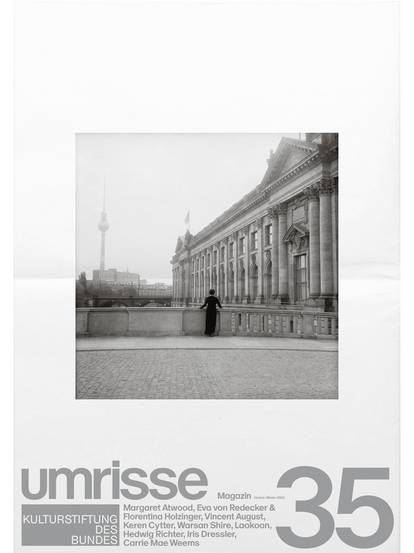
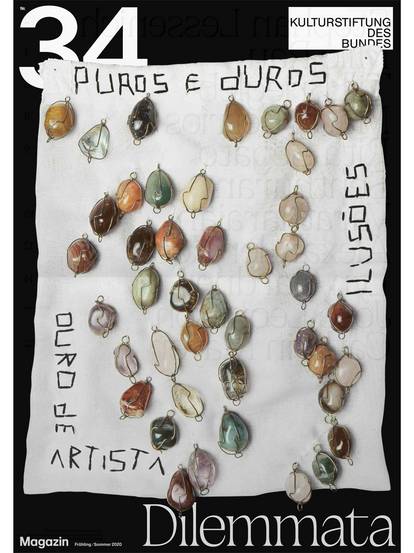
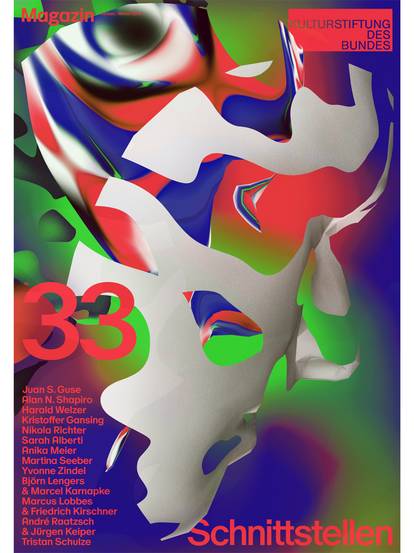
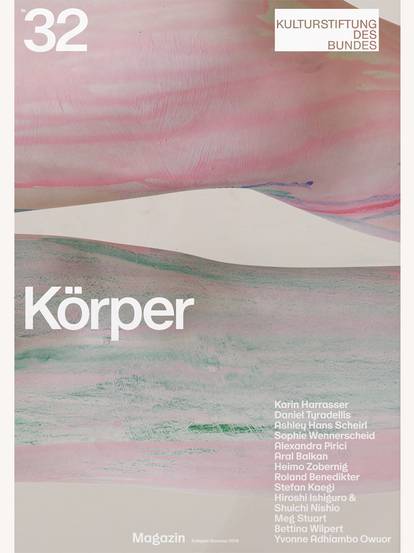
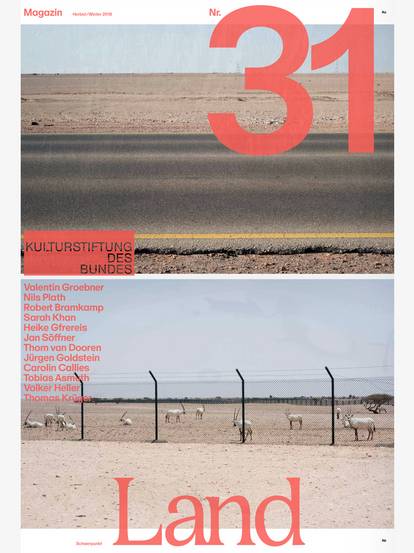
![[Translate to English:] Magazine 30](/fileadmin/_processed_/c/b/csm_magazin30_vorschau_9005f773d3.jpg)
